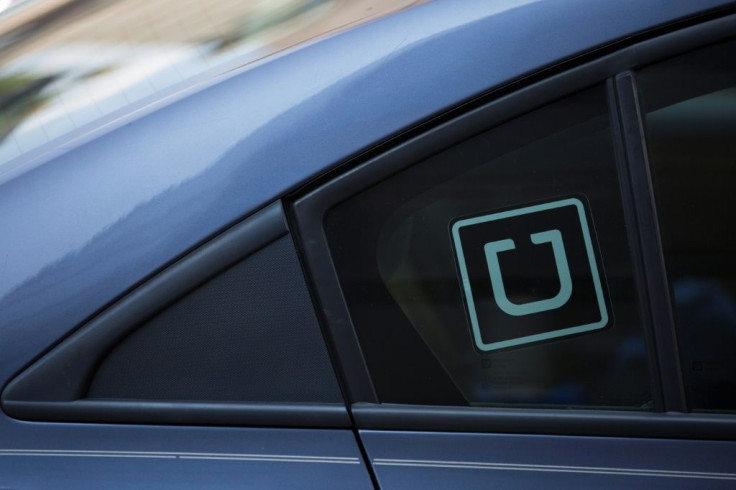Uber trims more staff as it seeks a route to profit

Uber on Tuesday said it was laying off about eight percent of its product and engineering teams as the smartphone-summoned ride service tries to map a route to profitability.
The San Francisco-based company is cutting about 265 people from its engineering group and another 170 or so jobs from its product team, a spokesman told AFP.
While a fast-growing startup, ranks of Uber employees swelled to more than 27,000 employees around the world and the time had come to shift gears and cut ranks for efficiency, according to the company.
"We're making some changes to get us back on track, which include reducing the size of some teams to ensure we are staffed appropriately against our top priorities," the Uber spokesman said.
"Our hope with these changes is to reset and improve how we work day to day —- ruthlessly prioritizing, and always holding ourselves accountable to a high bar of performance and agility."
Uber planned to continue to hire top technical talent, but with a focus on "lean, exceptionally high-performing teams," the spokesman added.
In July, Uber cut 400 jobs from its marketing team of more than 1,200 workers to reduce costs and improve efficiency.
Uber chief executive Dara Khosrowshahi a month earlier had tightened his grip on the wheel at the ride-hailing firm following a bumpy stock market debut.
After debuting in May at $45 for the initial public offering -- translating to a market value of $82 billion -- Uber shares went into reverse.
Uber shares gained a little ground on Tuesday, up nearly 4 percent to $33.51 at the close of the formal trading day on Wall Street.
Uber shares tumbled last month after the leading ride-share company reported its loss eclipsed market expectations in the second quarter of this year.
The company said revenue grew 14 percent to $3.2 billion, but it lost $5.2 billion as compared to losing $848 million in the same period last year.
Stock related compensation expenses took a huge bite out of its revenue, the company said.
While the firm has lost billions since offering its first rides in 2011 in its home city of San Francisco, it envisions becoming the "Amazon of transportation" in a future where people share instead of owning vehicles.
The company has moved into electric bikes, trucking, and scooters, as well as meal deliveries, and has a long-term project on flying taxis.
© Copyright AFP 2024. All rights reserved.





















